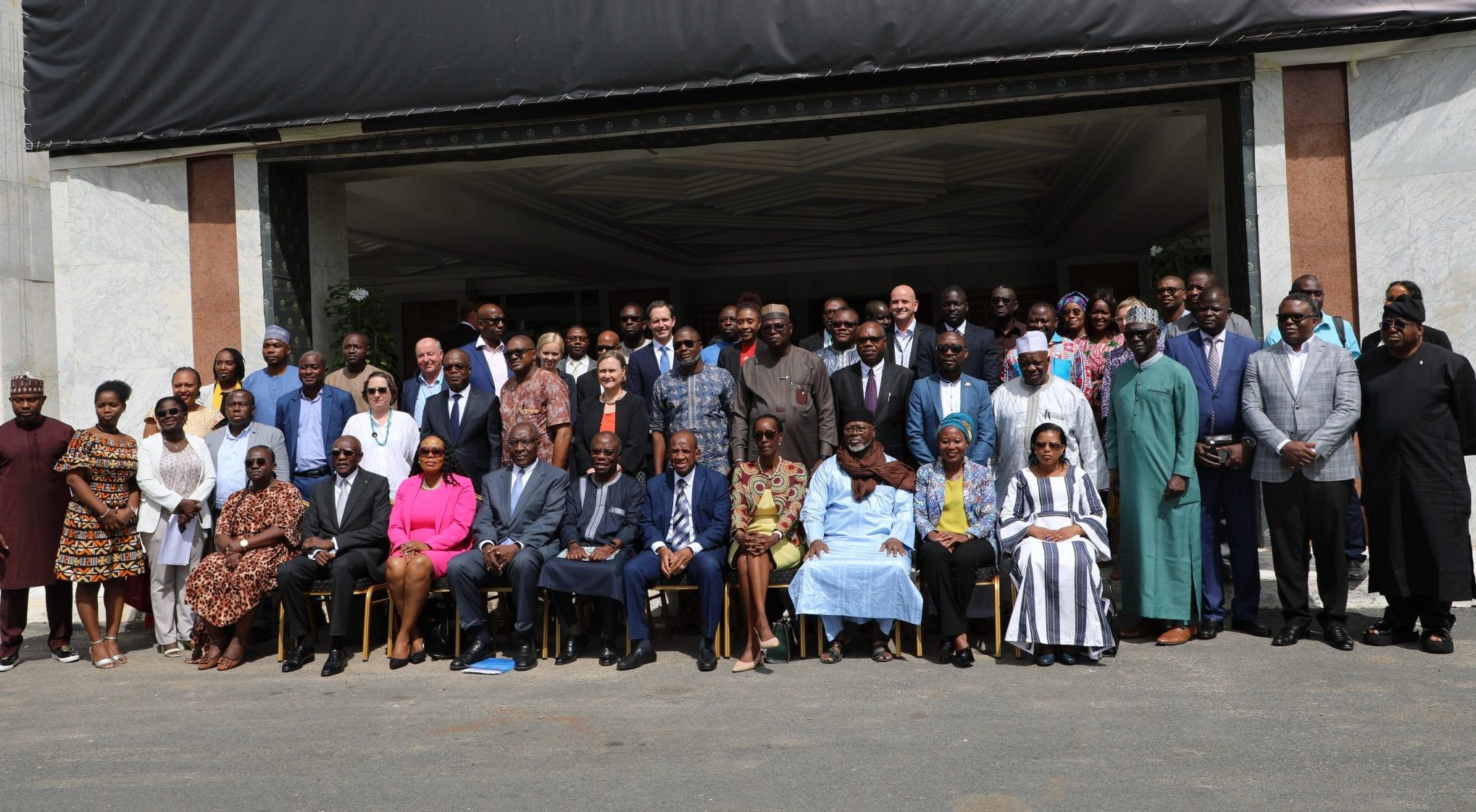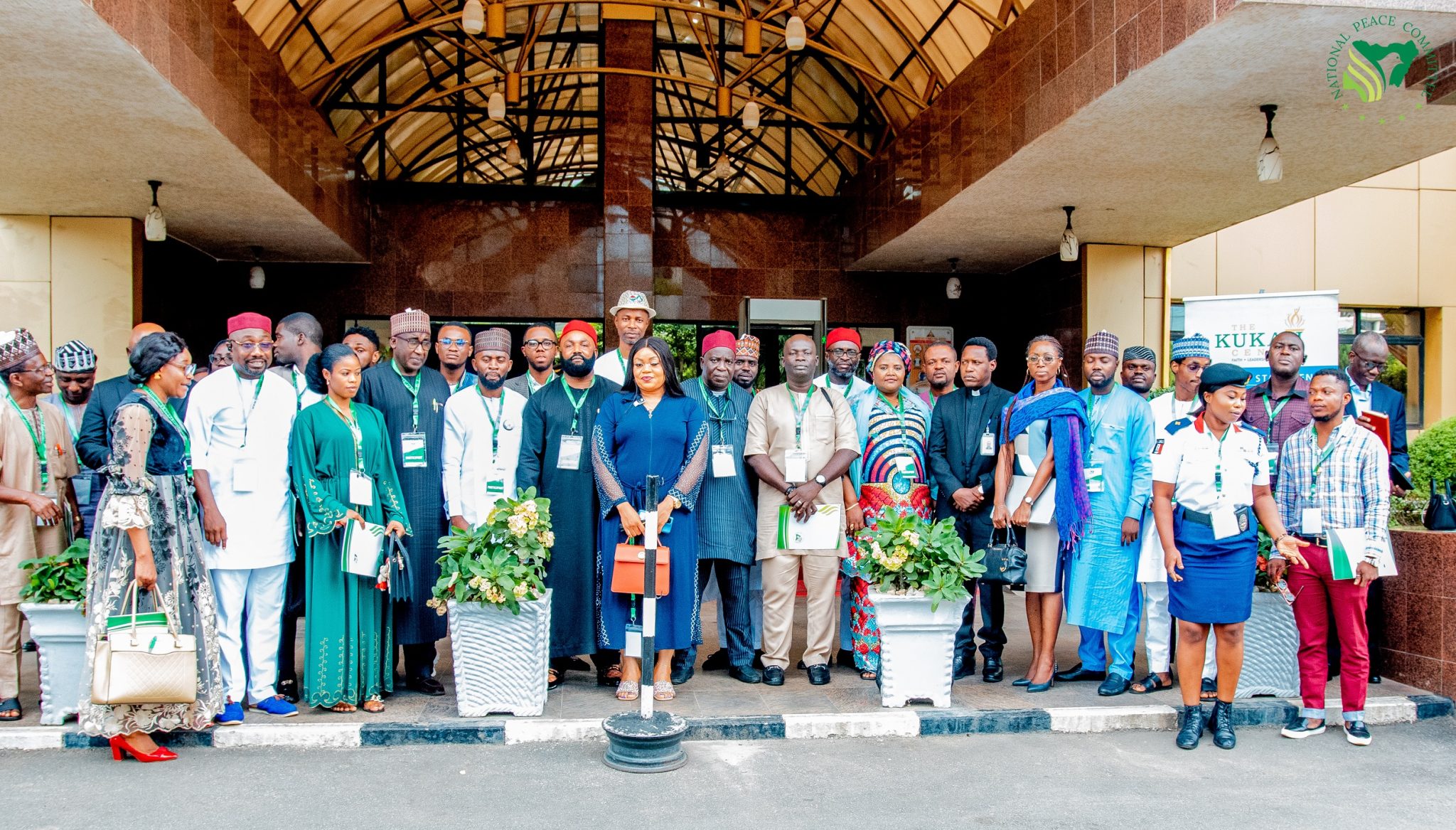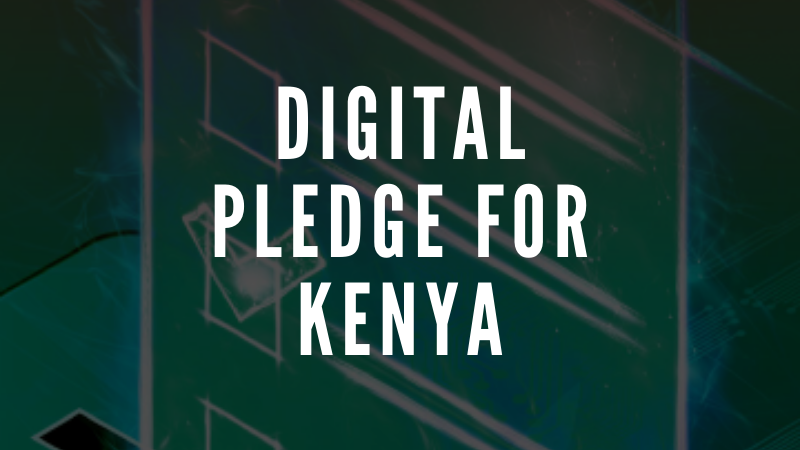How Does the Age of Fake News Impact Democracy in the Developing World?
The following article originally appeared in the New York Times special World Review: The State of Democracy, a special section that examines global policy and affairs through the perspectives of thought leaders and commentators. A version of this article also appears in print on Oct. 18, 2019, in The New York Times International Edition.
—
 Post-Truth Politics Afflicts the Global South, Too
Post-Truth Politics Afflicts the Global South, Too
– by Laura Chinchilla
Centuries before the age of social media, in his “Politics,” Aristotle explicitly outlined the vital trait that sustains modern democratic coexistence, separates us from other species and makes us, in his famous words, a “political animal”: the faculty of speech, or, in the Greek, “logos,” meaning not only speech but reason. This reasoned speech, Aristotle said, is the ability that “serves to reveal the advantageous and the harmful and hence also the just and unjust … and partnership in these things is what makes a household and a city.”
It is our capacity for reasoned communication that makes elections possible and allows our representative political systems to function and adapt. Freedom to speak empowers citizens, individually or collectively, to advance their interests and shape the institutions whose decisions impact their lives.
Yet today we are deeply concerned about the very survival of democracy and the rule of law. These civic guarantees make possible our coexistence, particularly at a time when bogus information rapidly spreads through social media, radical political content explodes across digital channels and public debates increasingly veer toward extremism. Alongside efforts to realize freedom of speech in countries still under autocratic regimes, new initiatives and debates have emerged motivated by fears about how we are exercising that freedom digitally.
Indeed, rights and freedoms, like democratic processes, require constant scrutiny and deliberation regarding their use, their content and their boundaries, if we want them to endure.
No Easy Truths
There are no easy truths when it comes to the benefits and perils that social media platforms now present to our governing bodies.
On the one hand, digital technologies have played a vital role in providing free access to government data and information; encouraging citizen participation in public decision making; introducing new voices to the public debate; fostering the transparency and scrutiny of administrative actions; knitting global advocacies together on issues affecting human rights, the rule of law and democracy; and mobilizing new actors eager to find alternative avenues for political participation. The Arab Spring almost a decade ago, the pro-democracy protests in Hong Kong this summer and the toppling of Puerto Rico’s governor in July are only a few examples.
On the other, the alarming number of episodes involving the use of social media platforms to manipulate elections and public debates, as well as the surge of extremist groups using the internet to incite hatred and violence, clearly warns us that the adverse relationship between those platforms and democracy is no longer just anecdotal.
Fake news is as old as news, and hate speech is as old as speech. But the digital age has provided a ripe environment for the virulent reproduction and visibility of both. To be clear, the promise of the betterment of the human condition held by new technologies is beyond question. But the risks have become just as apparent.
The Global South Left Out of the Spotlight
While these issues should be of equal concern to the entire international community, the truth is that, at least with regards to the manipulation of elections, the global South has often been well outside the spotlight. Much of our global attention and reporting have been focused on the deceptions and distortions afflicting elections in the industrial West, such as those that unfolded amid the U.S. presidential race in 2016.
There is a grave danger in overlooking the consequences of this inattention, not only in terms of global democratization and democratic consolidation, but also in the specific ways the use of social media is impacting democratic processes in the South.
In India, the world’s largest democracy, fact-checking news sites estimated that during the most recent parliamentary elections, the spread of misinformation increased by 40 percent compared with non-election times. In February, during Nigeria’s latest elections, false information about the supposed violence in polling stations located in opposition strongholds was widely spread. In Brazil, during the 2018 presidential elections, electoral authorities were forced to redouble their efforts to counter the spread of videos showing false alterations of results in the voting machines.
India, Nigeria and Brazil have something in common: the prevalent use of WhatsApp, the preferred messaging app in Africa, Latin America and many Asian countries (with 1.6 billion active users monthly, in 180 countries) to share information with family and friends.
Unlike other platforms like Facebook, whose content can be monitored, encrypted peer-to-peer messaging platforms like WhatsApp, Messenger, Telegram and Signal can make monitoring the exchange of information virtually impossible. While it is vitally important to protect users’ privacy, peer-to-peer technology also facilitates criminal activity, the cynical spread of falsehoods and mass manipulation.
Naturally, some countries are considering ways to hold companies accountable for the harmful content presented on their platforms, which will surely trigger necessary debates on the dynamics between the right to privacy, economic freedom and freedom of speech.
And yet, the most important debate we could be having, in both developed and developing countries, might be whether or not the quality of our public conversations, as informed by national levels of education, human development and institutional strength, is sufficient to reveal the advantageous and the harmful, or to separate the just from the unjust, as Aristotle set forth in the 4th century B.C.
Social Media: A Mere Platform?
We certainly have an obligation to warn against the perils of social media, including the ways it can facilitate the spread of untrustworthy information, incite hatred and violence, or worsen mass political manipulation. But in the end, social media is a mere platform. In that regard, though it may help reproduce or magnify content, that content itself was generated by an actual citizen, organization, government agency, political party or company somewhere in the world.
Social media is but the crudest reflection of the societies and types of citizens we have nurtured. If sometimes we do not like what we see, polishing the mirror may not be enough.
Laura Chinchilla is chair of the Kofi Annan Commission on Elections and Democracy in the Digital Age and vice president of the Club of Madrid. She was the president of Costa Rica from 2010 to 2014.
 Post-Truth Politics Afflicts the Global South, Too
Post-Truth Politics Afflicts the Global South, Too


